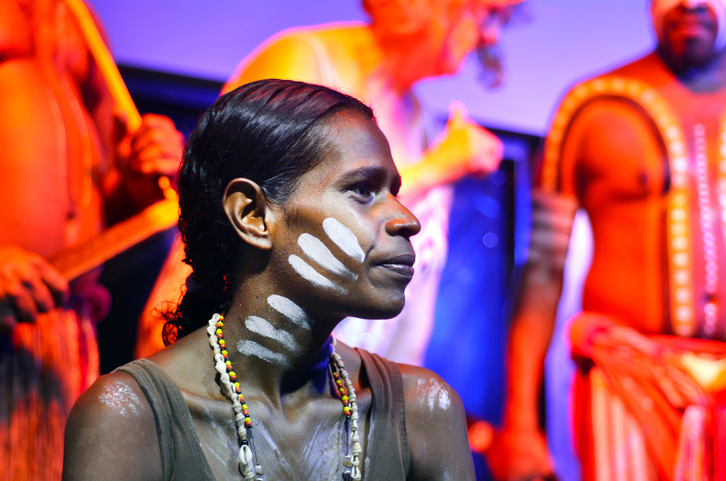
In order to raise awareness of the needs of these population groups, every 9 August commemorates the International Day of the World’s Indigenous Peoples. This date, adopted in December 1994 by UN General Assembly resolution 49/214, marks the date ofthe first meeting of the UN Working Group on Indigenous Populations of the Sub-Commission on the Promotion and Protection of Human Rights held in Geneva in 1982.
Each year, UNESCO marks the celebration of the Day by sharing information on projects and activities that are relevant to the annual theme.
According to a statement by Audrey Azoulay, Director-General of UNESCO, “This year’s International Day of the World’s Indigenous Peoples aims to raise awareness of the right to self-determination—and the other principles enshrined in the United Nations Declaration on the Rights of Indigenous Peoples. At UNESCO, the rights, cultures and knowledge of Indigenous peoples are of paramount importance, and we work to uphold them across all the fields of our mandate.”
Indigenous Peoples around the world
Indigenous Peoples live in all regions of the world and own, occupy or use some 22% of global land area. Numbering at least 370-500 million, Indigenous Peoples represent the greater part of the world’s cultural diversity. They speak an overwhelming majority of the world’s estimated 7,000 languages and represent 5,000 different cultures. Despite their cultural differences, Indigenous Peoples from around the world share common problems related to the protection of their rights as distinct peoples. Many Indigenous Peoples continue to be confronted with marginalization, extreme poverty and other human rights violations.
Sources:
https://www.unesco.org/en/international-day-worlds-indigenous-peoples






